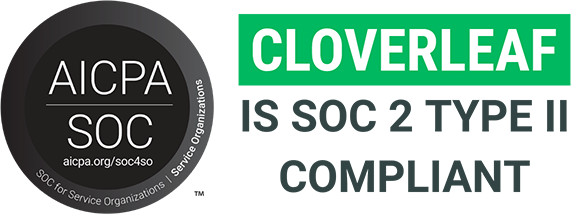When I talk about the importance of teamwork or collaboration I often refer to it as a math equation where 1+1 should equal more than 2. It’s not uncommon for 1+1 to equal 3, but for the best teams that equation could be 1+1 equals 8 or 10 or possibly even 20 and beyond.
Organizations that figure out how to promote, equip, and support this type of collaboration and teamwork could multiply this impact across hundreds or thousands of teams and the impact can be game-changing innovations and breakthroughs.
That is the growth side of the argument for investing in teamwork and collaboration. However, there is also another argument to be made for investing in team cohesion in order to minimize lows.
Yes, we all have bad days or from time to time are drowning in the work that is in front of us. Teams are a critical mechanism for helping us get back on our feet and building relational and emotional equity for when we return to full strength and can produce at a high level as individuals.
Y Combinator, the wildly successful startup accelerator, has always required startup cofounders – not solo startup founders for this very reason. It is lonely building something big and different and there are so many days of self-doubt and negative thoughts that can sabotage success unless you have an awesome co-founder that you can lean on, get different perspectives, and move past roadblocks.
My experience building Cloverleaf with Kirsten Moorefield is a testament to this critical aspect of teamwork. We have had so many lows and setbacks and times that we should have quit moving forward but we have always been there with encouragement and new thoughts just when it was needed.
When we hire new team members we talk about those moments and the important role that trust in your teammates plays in having personal and team success.
Work teams can often produce as individuals working asynchronously on cross-functional teams. There is a constant rhythm of coming together to connect, communicate, and align. Then each individual goes off and completes tasks independently according to individual strengths and skill sets.
And in short to intermediate bursts there can be high levels of productivity even when the key ingredients of high-performing teams are absent.
That’s right, in the short term people and teams can still be productive when a team has a dysfunctional culture, mistrust, and even sabotaging behaviors. But over time it is this intangible element of teamwork where people genuinely care and sacrifice for each other in a way that picks individual team members up when they are down that allows teams to thrive over the long term.
It’s the accelerant in my formula that allows 1+1 to equal 20, 50, or even 100.
Bad days and difficult challenges will happen (and if you are doing something great it will happen frequently), and teaming up with people who understand this often overlooked element of teamwork can be the rocket fuel for sustained, long-term and outsized team performance.




